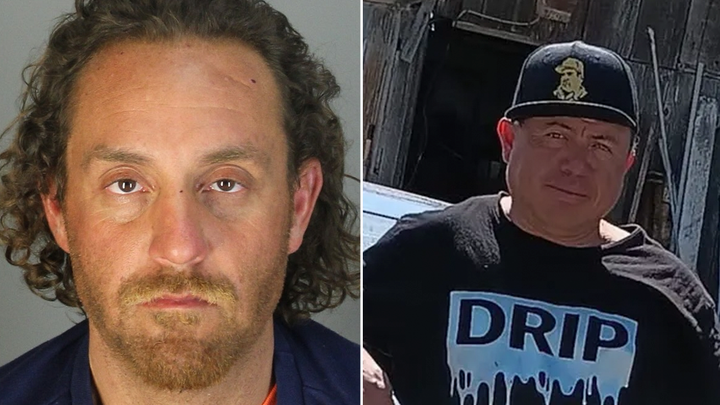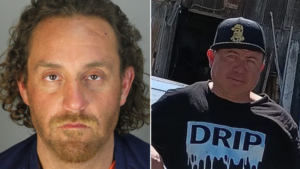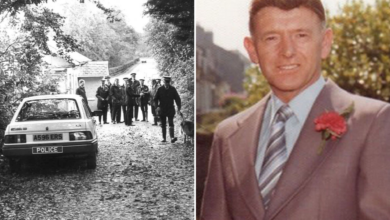Man Faces Murder Charge Days After Release Under Mental Health Diversion Law

A man in California is facing murder charges after being freed from misdemeanor prosecution under mental health diversion rules, raising questions about the balance between treatment-focused reforms and community safety.
Background: Diversion and Release
Earlier this year, the suspect had been declared mentally incompetent to stand trial on misdemeanor charges, including violating a restraining order. Instead of facing prosecution, he entered a court-ordered mental health diversion program designed to provide treatment rather than punishment.
Despite a history of probation violations and non-compliance, the law required dismissal of his cases once incompetence was established, because they were misdemeanors.
Alleged Murder and Arrest
Just days after those charges were dismissed, authorities allege the man fatally attacked a 47-year-old resident whose body was later discovered under a bridge. The suspect was re-arrested and is now charged with murder, including sentence enhancements linked to prior offenses.
Legal Framework and Challenges
Recent reforms in the state’s mental health laws emphasize diversion programs over traditional prosecution for certain defendants. Critics argue these laws can allow individuals with repeated violations or signs of escalating violence to return to the community without proper monitoring.
Under current rules, courts cannot restore competency proceedings for defendants charged only with misdemeanors, even if they show patterns of concerning behavior.
Community Impact and Reaction
Local officials expressed frustration, noting that despite documented risk factors, the suspect could not be kept in custody under existing legal constraints. Community members voiced shock and concern about safety gaps in the system.
Call for Reform
State lawmakers and prosecutors are urging legislative changes to allow courts more discretion in keeping high-risk defendants in custody or treatment when mental illness and public safety concerns overlap.
They argue reforms should prioritize both treatment for mental health conditions and meaningful protections for the public.
Remembering the Victim
The victim, who had lived in the area for over two decades, was described by loved ones as a kind and gentle person. A fundraiser was launched to help repatriate his remains for burial in his home country.

FAQs
Q: Why were previous charges dismissed?
A: Because state law prevents prosecution if a defendant is incompetent and the charges are only misdemeanors.
Q: What is mental health diversion?
A: A court-ordered program focusing on treatment instead of criminal prosecution for eligible defendants.
Q: Can the law be changed?
A: Lawmakers are considering reforms to give courts more tools in high-risk cases.
Conclusion
This tragic case has reignited debate over how to balance mental health treatment with the need to protect communities from repeat and potentially violent offenders. As the legal process continues, many are calling for thoughtful reforms to prevent similar tragedies in the future.




